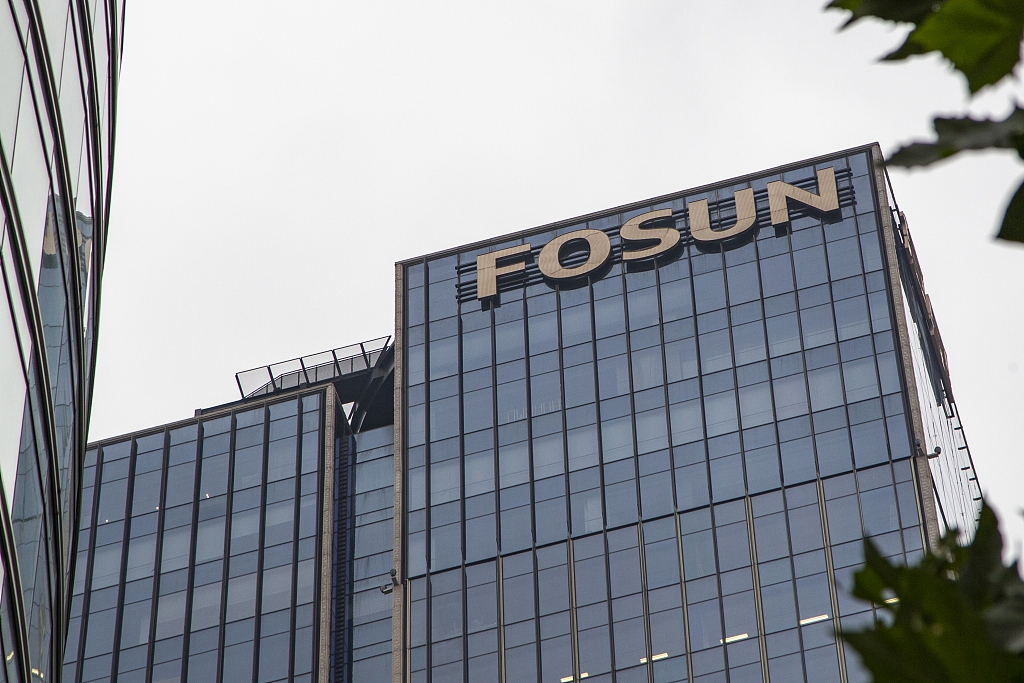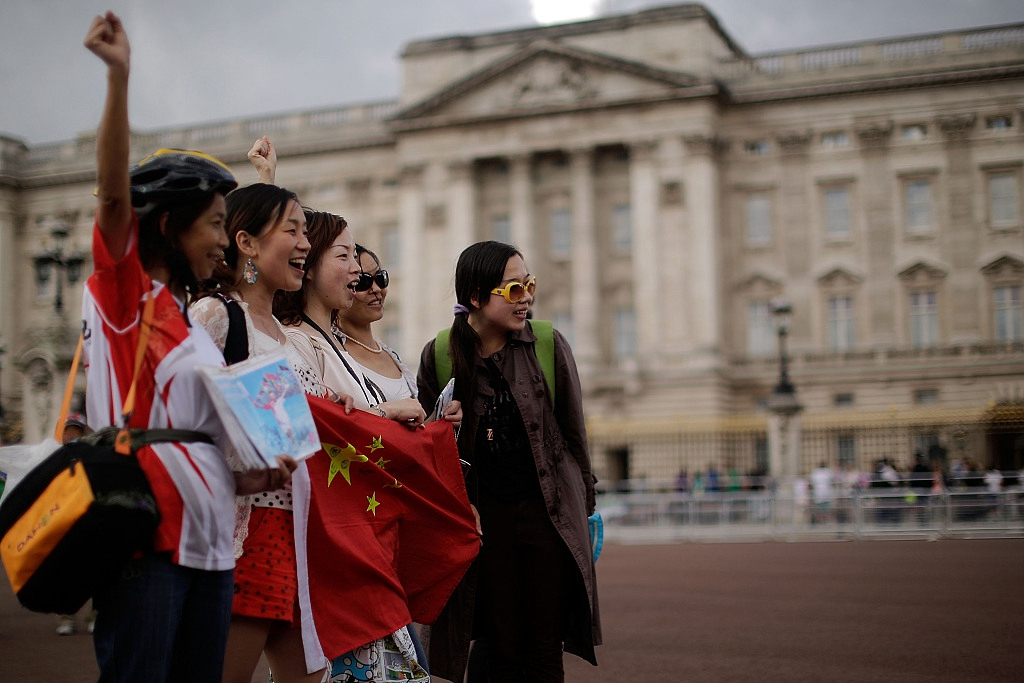
Thomas Cook, the world's oldest travel company, is in big trouble. But Chinese conglomerate Fosun has seen enough potential in the UK firm to offer it almost a billion U.S. dollars' worth of support.
In a fast-changing global travel and tourism sector saturated with high-tech online platforms, traditional package holiday companies like Thomas Cook are struggling. So what does Fosun see in the firm, which first set up shop almost 180 years ago?
Thomas Cook's 'white knight'
On Friday, Fosun Tourism Group, a subsidiary of the giant Fosun Group, said it was in advanced talks with Thomas Cook's lending banks to offer the company, which also operates an airline in Europe, a capital injection of 750 million pounds (940 million U.S. dollars).

VCG Photo
The move comes after a tumultuous decade for Thomas Cook, which came close to the brink of liquidation in 2011. High debt levels, changing trends in the travel industry, a weak British currency and high fuel prices have combined in a perfect storm in 2019, with shares in the London-listed firm collapsing.
Fosun has held 18 percent in Thomas Cook since 2015, and in 2016 the two companies launched a joint venture in China, focusing on the country's domestic travel market.
On Friday, Fosun said in a statement "we are committed investors, with a proven track record of turning around iconic brands including Club Med and Wolverhampton Wanderers FC," referring to the Chinese group's other overseas investments.
For the beleaguered travel company, Fosun's ambition "is to grow Thomas Cook China into a major brand in the China travel market."
Does Thomas Cook have a future in China?
While Thomas Cook is struggling in Europe, the China-based joint venture appears to have been fairly successful since its inception in September 2016.
According to China Daily, in the past year, Thomas Cook China has launched five hotels in the country. Talking to Chinese media earlier this year, head of Thomas Cook China Allesandro Dassi said that the venture would focus on family-oriented travel, geared towards parents and children.
Thanks to the introduction of the two-child policy, Dassi said he expected the family travel market to expand rapidly in future, with particular demand for cost-effective but high-quality service.
While Dassi promised that the joint venture would focus on localizing its products and services as well as China's online sector, the company faces tough competition in a heavily saturated market.

Could Chinese tourists be the solution to Thomas Cook's woes in Europe? /VCG Photo
Platforms like Ctrip, Airbnb and Tuniu integrate a wide range of travel options, services and experiences all on one mobile platform, and have all established an international presence in markets popular with Chinese tourists.
Beyond China, the joint venture will also look to cater to the high-end outbound market, by providing travel services to the country's wealthiest 20 percent, a potentially lucrative slice of the world's biggest source of tourists.
Talking to Bloomberg earlier this year, Thomas Cook Group CEO Peter Fankhauser said a fund backed by Fosun would aim to purchase 50 properties in Europe catering to "affluent, adventurous, quality-oriented" Chinese clients who seek "unique experiences."

Fosun bought France-based travel firm Club Med in 2014. /VCG Photo
Thomas Cook was valued at around four billion U.S. dollars when it first listed back in 2007, but prior to Friday's announcement, its value had plummeted to less than 250 million U.S. dollars.
Thomas Cook's overall revenue from its package tour business in 2018 was 7.4 billion pounds (9.3 billion U.S. dollars), a fall of 88 million pounds from the previous year.
In comparison, while Ctrip's 2018 revenue was significantly less (31 billion yuan, or 4.5 billion U.S. dollars), its figures were up by 16 percent year-on-year, suggesting its business model is in the ascendancy.

Copyright © 2018 CGTN. Beijing ICP prepared NO.16065310-3
Copyright © 2018 CGTN. Beijing ICP prepared NO.16065310-3